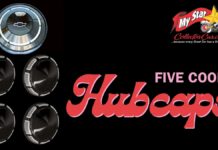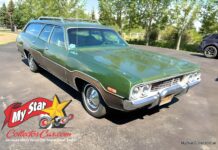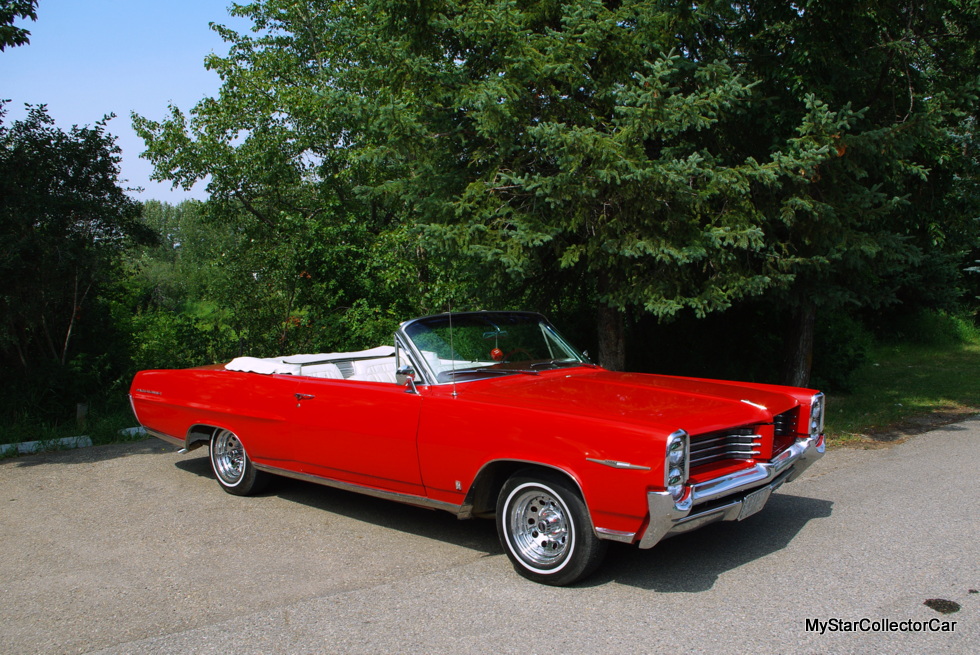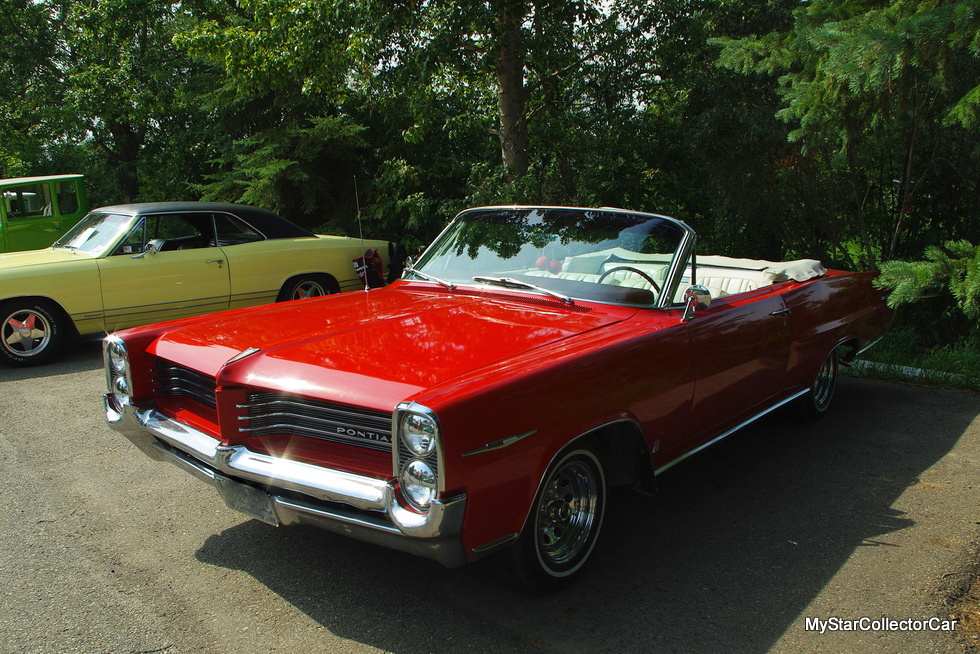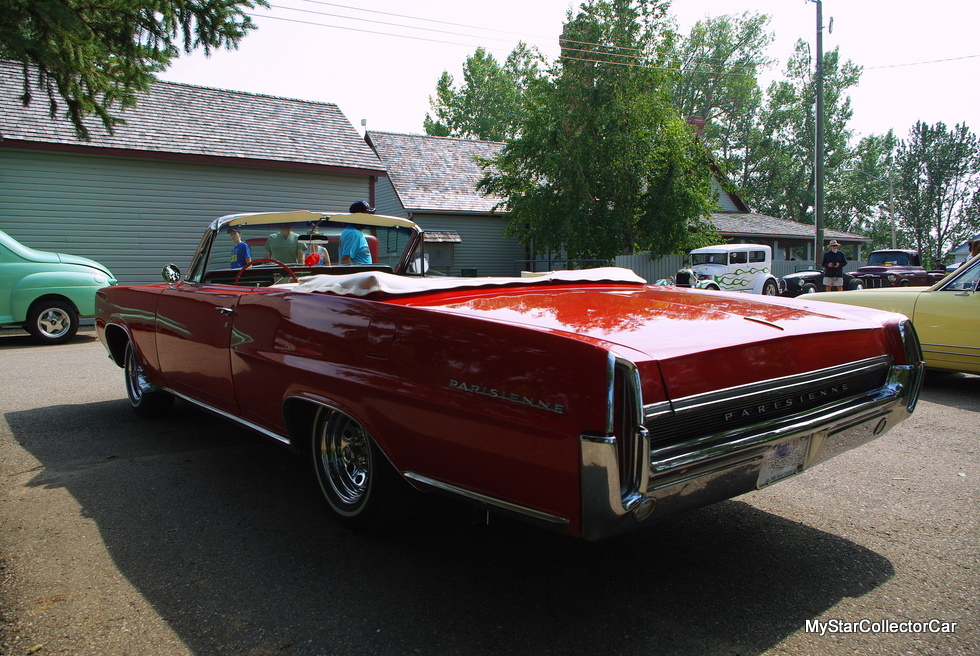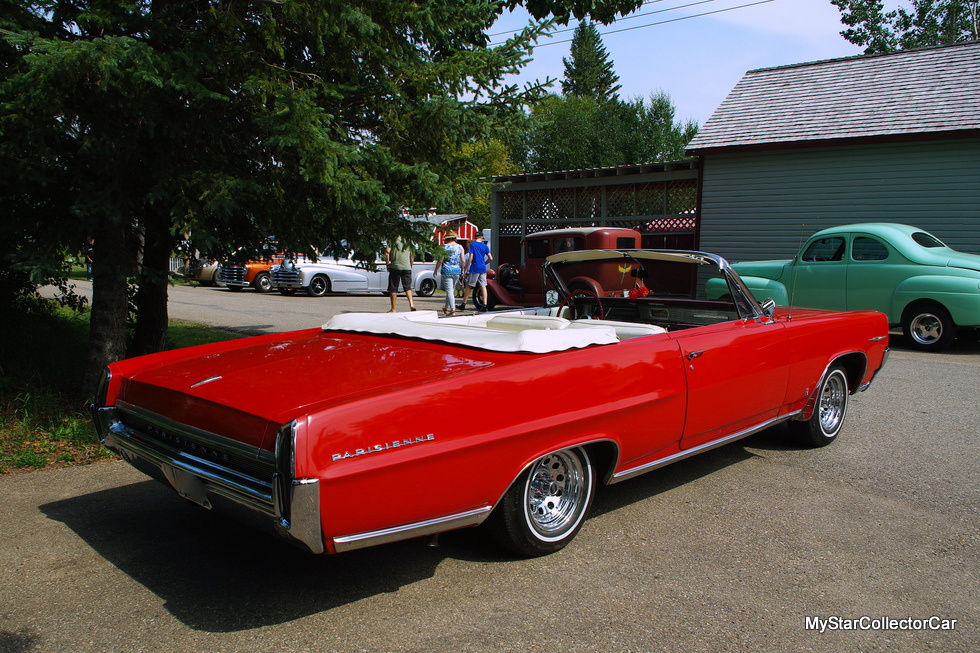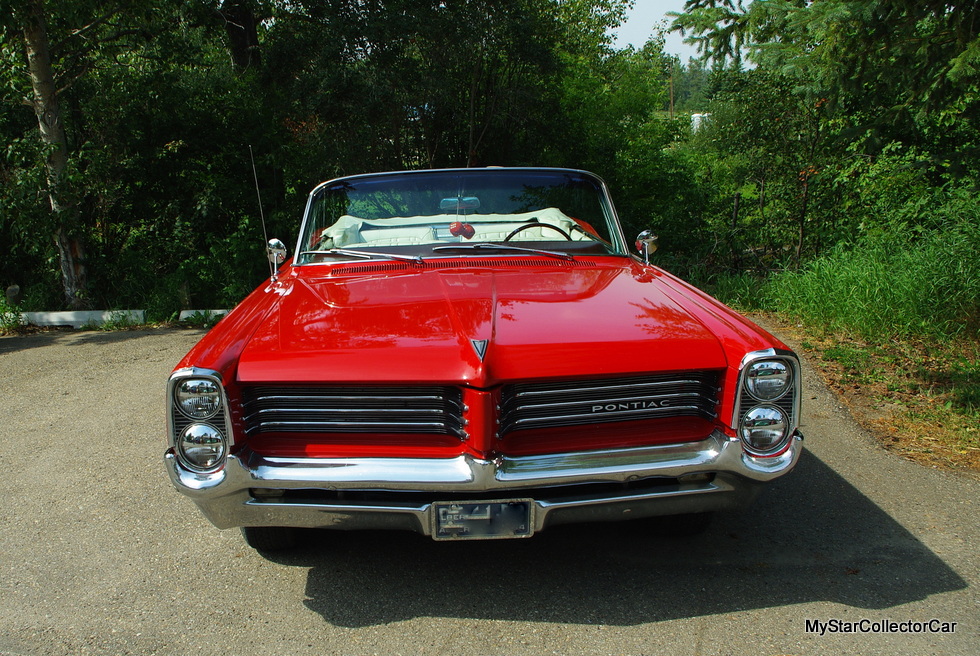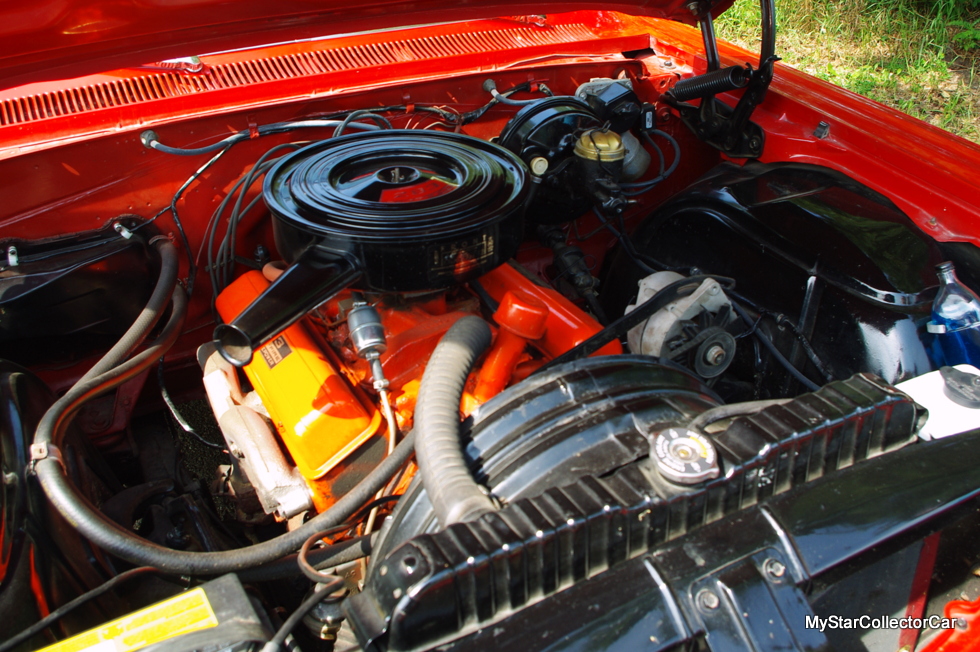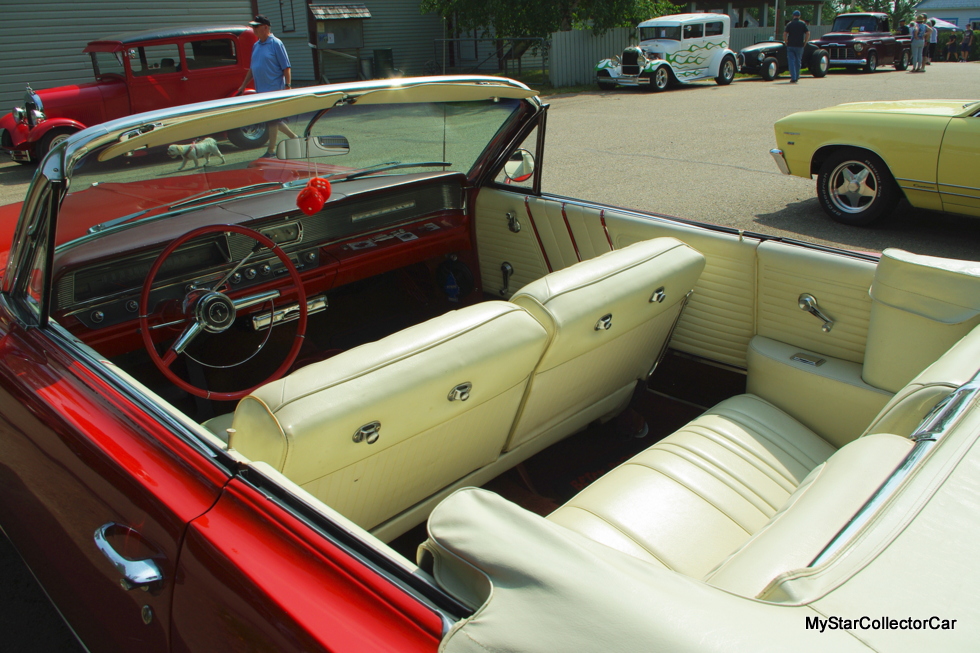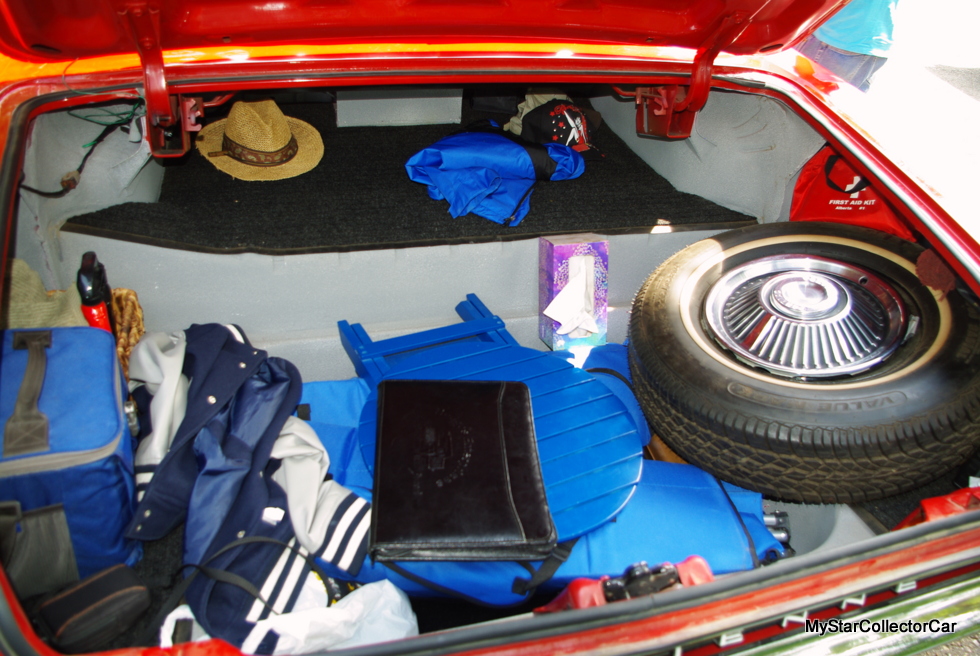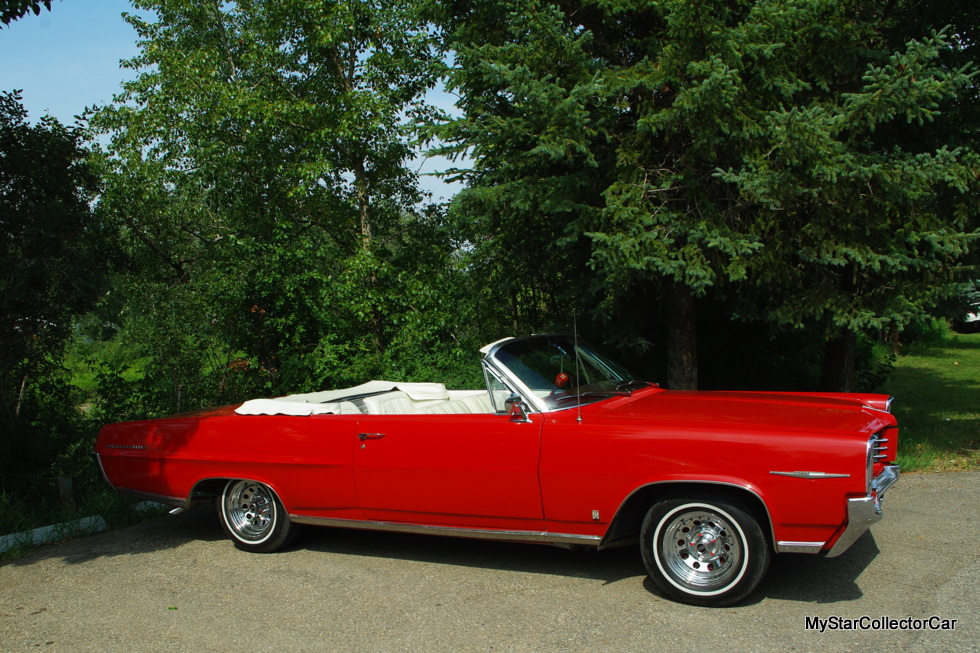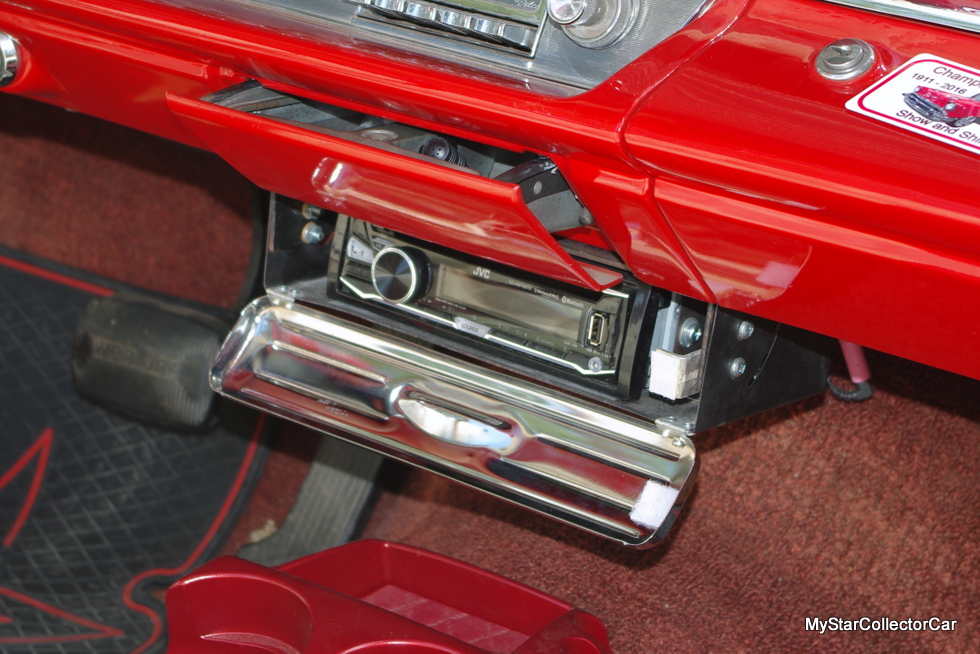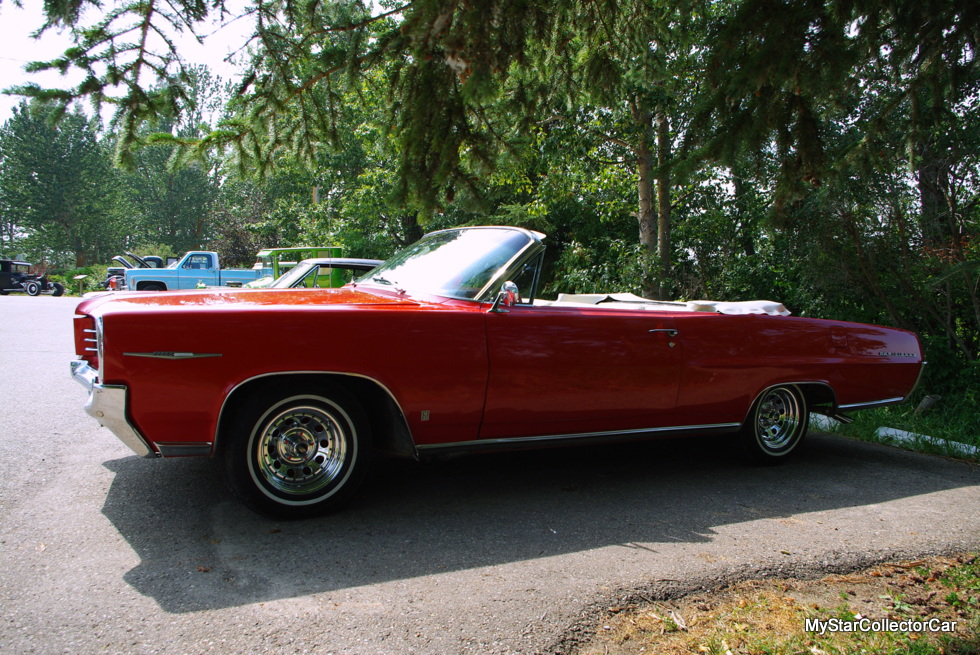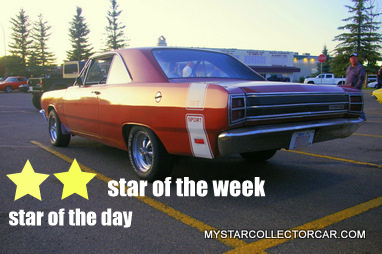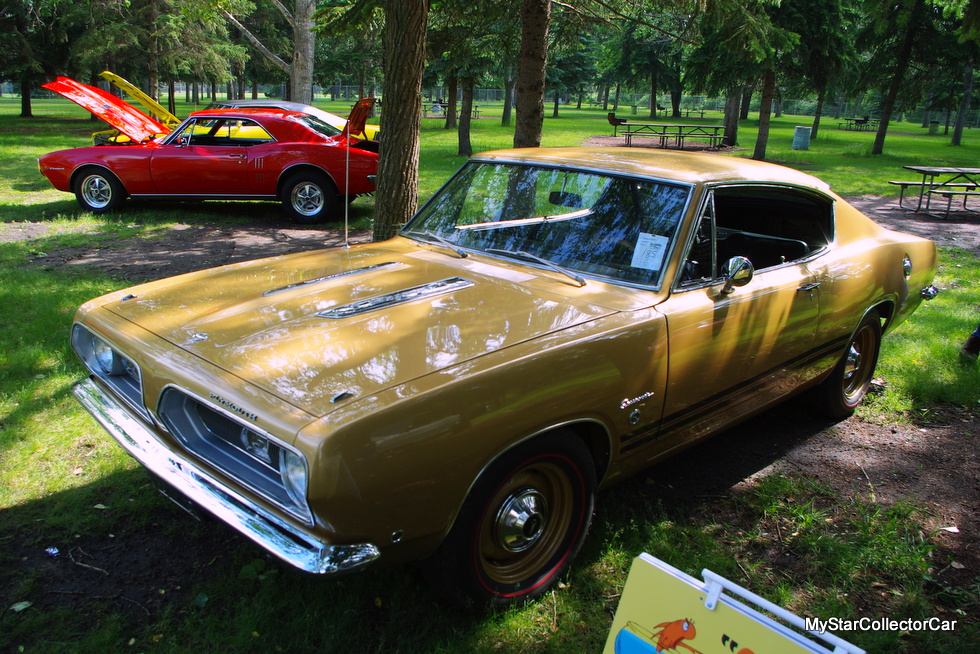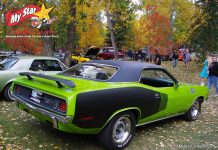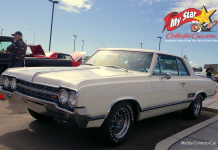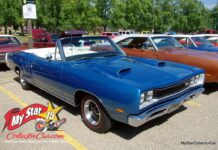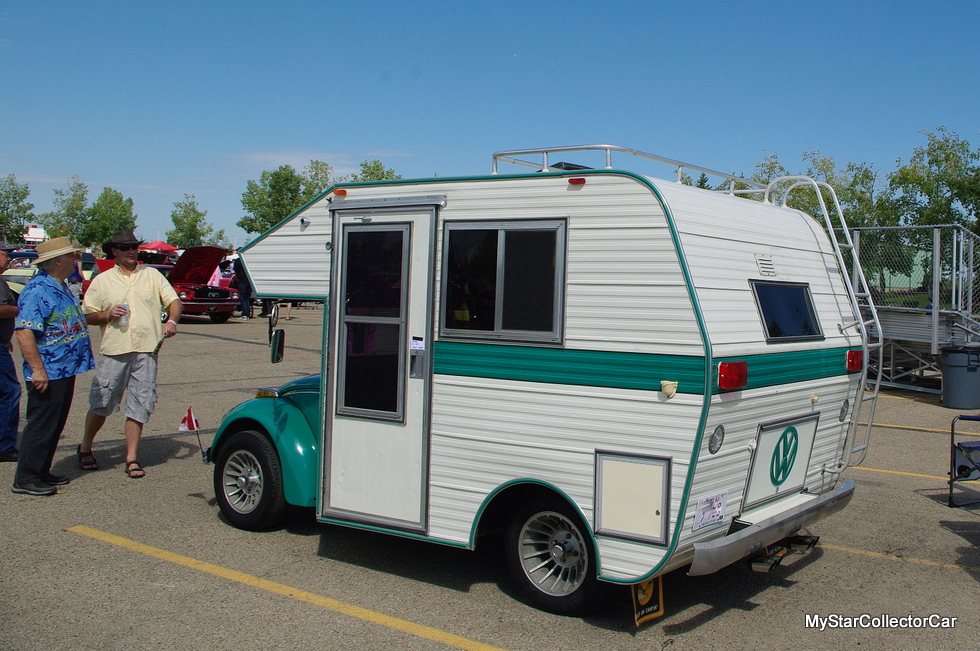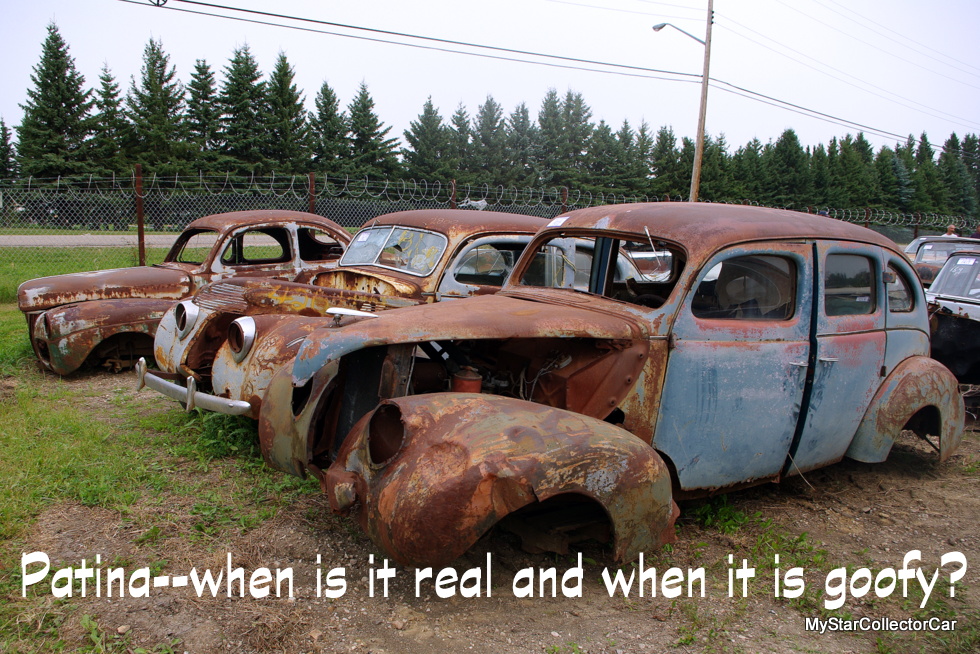1964 was the last year before the United States and Canada reached an agreement with the 1965 Canada-US Auto Pact.
The agreement made cross-border automotive products easier to move between the US and Canada.
The Canada-US Auto Pact was good for both countries, particularly Canada, and the result was integrated vehicles before it ended in 2001.
The most noticeable feature of the era prior to the Auto Pact was the abundance of Canadian-only nameplates on the cars. The Pontiac Parisienne gained prominence in Canada when it was formally introduced in 1959 and was a well-known Canadian automotive name by 1964.
The restrictive nature of the pre-Auto Pact days meant that a Parisienne was a completely different animal from its Catalina and Bonneville counterparts in the United States.
Pontiac was a standalone division from Chevrolet in the US, while a Canadian Pontiac shared much of its engineering with the Chevy brand in Canada.
A 1964 Pontiac Parisienne was based on the Chevy Impala in many ways-right from the ground up-with its X-frame chassis. Therefore the Canadian Poncho was smaller than its American counterparts, whereas larger, wider and bigger Pontiacs were the order of the day in this US market.
The Parisienne also shared its power train with the Canadian Chevy, so a 283 Chevy engine was not an uncommon sight under the hood of a Parisienne.
Dave Baldwin is the proud owner of a 1964 Pontiac Parisienne convertible and likes his Canadian drop top. Dave said he was “going to buy a muscle car but I thought I would kill myself in it.” Dave’s Parisienne still has its original Chevy 283 small block and its horses are easier to handle for him.
The 195 horses under the Parisienne’s hood ensure there is “no burnout”, according to Dave, and that is fine in his opinion. The factory power steering and brakes in Dave’s Parisienne are bigger sources of satisfaction for him.
The Poncho was originally a maroon car, but now sports a bright red paint job. It was on the car when Dave purchased his Pontiac and also holds this color choice to the finest tradition of mid-60s drop tops.
Dave has owned the car for 4 years and bought the car with an idea that he would enjoy the car while he worked on other car projects. He has not tinkered with the Parisienne, beyond a subtle change to his sound system.
The Canadian Poncho still has its original AM radio and it still works fine in the convertible, according to Dave. However, he found a vintage Kleenex dispenser in his classic car parts collection and he hid a modern Bluetooth/MP3 system within the dispenser.
The dispenser has been mistaken for a vintage air conditioning system by less astute onlookers, but MSCC believes Dave has a home run of an idea with his camouflaged sound system.
Dave still had the Parisienne’s original wheels and hub caps, but right now the car is riding on after-market radial upgrades and cool wheels that really suit the car.
Most car guys are happy to experience the big upgrade when they switch from bias to radial tires on a vintage car.
Dave is no exception to this rule because he enjoys time behind the wheel of his 1964 Pontiac Parisienne every time he has an opportunity.
Jim Sutherland
CLICK HERE to Like us on Facebook
CLICK HERE to Follow us on Twitter
CLICK HERE to Follow us on Pinterest



